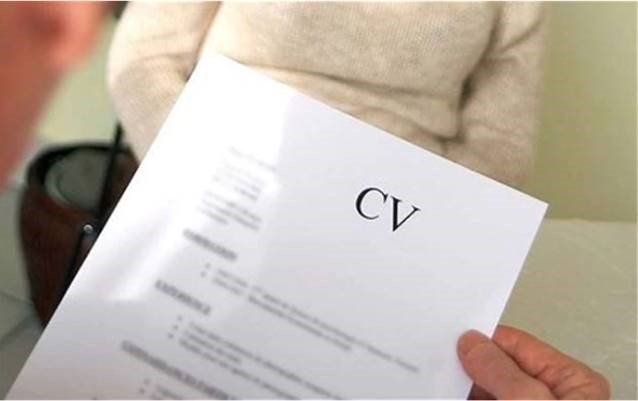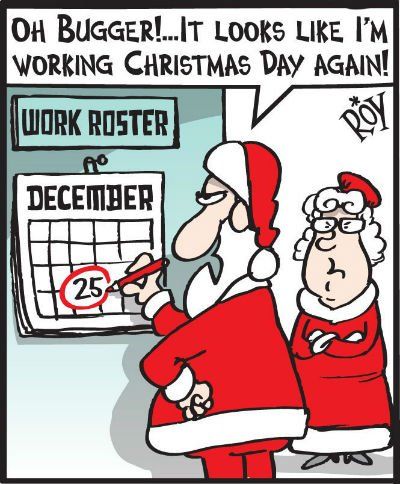Great Answers to Tough Interview Questions
Jose Cofone • 7 January 2020
Job interviews are nerve-wracking enough without tricky questions to trip you up!

It's important to remember what the interviewing process is about, to evaluate your ability to do the job. Challenging questions will allow the interviewer to see how you can think on your feet and cope with stress.
• When faced with a difficult question, there is nothing wrong with a brief contemplative pause before answering.
• Seek the opportunity to turn the question around and sell yourself, focusing on the company's needs and your abilities.
• Ask the interviewer to repeat the question if you don't understand it - try to determine what the interview is looking to find out.
• Remember the interview is a two-way process, you are there to demonstrate your ability not only to speak but also to listen.
• Try not to stray from the point, offer relevant information to the question.
• Always offer positive information.
Listed below are common questions with some comments as to the reasons they are asked, and the response expected.
Remember, these responses are only suggestions – do not use them if you feel uncomfortable about them and try to individualise them as many candidates will receive the same suggestions!
Practice your own response before interviews.
Tell me about yourself
The interviewer is really saying, ‘I want to hear you talk’. This is an ice-breaker but is a common question so your response can stay the same. This is a good chance to impress an employer, but it is a deceptively simple question that can have a variety of answers. The employer is really interested in how you would fit into the company, so keep your answers as pertinent to the company and its work as possible.
Write a script; rehearse it so it sounds impromptu. Spend a maximum of four minutes to describe your qualifications, career history and your range of skills – emphasising those skills relevant to the job on offer.
Why do you want to work here?
To answer this question, you must have researched the company and be clear on the position that you have applied for. Reply with the company’s attributes as you see them. Relate your experiences to the interviewers needs to ensure they can relate your skills to their vacancy.
What is the most difficult situation you have had to face and how did you tackle it?
This can be a trap! To avoid it, select a difficult work situation which was not caused by you and which can be quickly explained in a few sentences. You must have a story ready for this one in which the situation was tough and allowed you to show yourself in a good light. Explain how you defined the problem, what the options were, why you selected the one you did and what the outcome was. Avoid talking about problems that have to do with co-workers.
Why do you want this job?
The employer wants to know that you are genuinely interested in the company, and not just looking for something to tick you over for a few months. Say that you view the position as your natural next step. You like the firm because … show off your knowledge and make all that research you have done worthwhile.
Why should we offer you this job?
You need to show how you can add new skills or ideas to the job. You could try thinking about any weaknesses you perceive in the company, and how your past experience and unique abilities could benefit the company.
Why do you want to leave your current employer? / Why did you leave your last job?
The interviewer is trying to understand and evaluate your motives for moving. This should be straightforward. State how you are looking for more challenge, responsibility, experience and a change of environment. NEVER be negative in your reasons for leaving and rarely will it be appropriate to cite salary as the primary motivator.
What's been your biggest success at work?
The interviewer wants to see that you can use your initiative. Talk about your own achievements rather than how you helped someone else achieve. Perhaps you had a difficult goal you had to reach? Think about how you handled meeting that goal. It is a good idea to think in advance of a few key moments from past jobs that demonstrate how well you handle different situations.
Where do you see yourself in five years time?
Although it is difficult to predict things far into the future, the employer will want to hire somebody with drive and a sense of purpose. They will also want to know they can depend on you and figure out if they can offer what you really want. Avoid choosing specific job titles you aspire to, instead mention skills and responsibilities you would like to take on.
What is your current salary and how much are expecting?
When you talk about your current salary include the whole package with any perks such as car, pension, interest free loans and bonuses. Don't suggest you are earning far more than you are, it is easy to check. Make sure you know the salary range for similar jobs and professions by checking with recruitment agencies and other job adverts in specialist publications. You could try putting the onus on the interviewer to make the first suggestion by asking how much they are prepared to pay the best candidate. You then have a negotiating point.
What have your achievements been to date?
They’re asking, ‘Are you an achiever’? Again, this is a common question so be prepared. Select an achievement that is work related and fairly recent. Identify the skills you used in the achievement and quantify the benefit. For example, ‘my greatest achievement has been to design and implement a new sales ledger computer system – bring it in ahead of time and improve our debtors’ position significantly saving the company £50,000 per month in interest’.
What do you like about your present job?
The interviewer is really trying to find out whether you will enjoy the things you will experience in the job on offer. This is a straightforward question. All you have to make sure is that your ‘likes’ correspond to the skills etc required in the job on offer. Be positive, describe your job as interesting and diverse but do not overdo it – after all, you are leaving!
What are your strengths?
The interviewer wants a straightforward answer as to what you are good at and how it is going to add value. This is one question that you know you are going to get so there is no excuse for being unprepared. Concentrate on discussing your main strengths. List three or four explanations of how they could benefit the employer. Strengths to consider include technical proficiency, ability to learn quickly, determination to succeed, positive attitude, your ability to relate to people and achieve a common goal. You may be asked to give examples of the above so be prepared.
What is your greatest weakness?
The interviewer is asking about your self-perception and self-awareness. This is another standard question for which you can be well prepared. Don’t say you have none – this will ensure further problems. You have two options – use a professed weakness such as a lack of experience (not ability) on your part in an area that is not vital for the job. The second option is to describe a personal or professional weakness that could also be considered a strength and the steps you have taken to combat it. An example would be ‘I know my team think I’m too demanding at times – I tend to drive them pretty hard but I’m getting much better at using the carrot and not the stick’. Do not select a personal weakness such as ‘I’m not a morning person – I’m much better as the day goes on’.
The most shining CV with the most glowing credentials means little if you make a mess of that all important, face-to-face meeting with your prospective employer. So make sure that you prepare, prepare, prepare!








